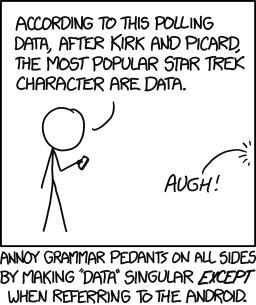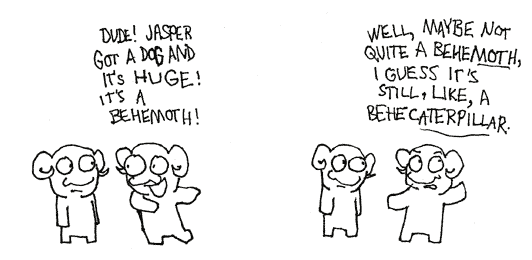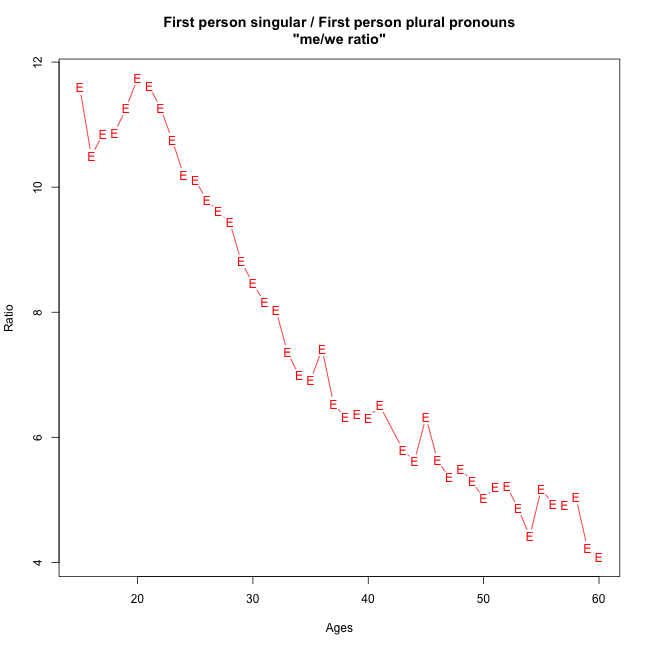We've previously observed a surprisingly consistent pattern of age and gender effects on the relative frequency of filled pauses (or "hesitation sounds") with and without final nasals — what we usually write as "um" and "uh" in American English, or often as "er" and "erm" in British English.
Specifically, younger people use the UM form more than older people, while at any age, women use the UM form more than men do. We've seen this same pattern in various varieties of American English and in John Coleman's analysis of the spoken portion of the British National Corpus, and we found the sex effect in the HCRC Map Task Corpus, which involves task-oriented dialogues among college students from Glasgow in Scotland.
It was even more surprising that Martijn Wieling found the same pattern in a collection of Dutch conversational speech. And to make the puzzle more puzzling, Joe Fruehwald's analysis of the Philadelphia Neighborhood Corpus, which includes recordings across several decades of real time, suggests an on-going change in the direction of greater overall UM usage, as well as a life-cycle effect within each cohort of speakers. And Jack Grieve's analysis of Twitter data indicates a pattern of geographical variation within the U.S.
For additional details, see "Young men talk like old women", 11/6/2005; "Fillers: Autism, gender, age", 7/30/2014; "More on UM and UH", 8/3/2014; "UM UH 3", 8/4/2014; "Male and female word usage", 8/7/2014; "UM / UH geography", 8/13/2014; "Educational UM / UH", 8/13/2014; "UM / UH: Lifecycle effects vs. language change", 8/15/2014; "Filled pauses in Glasgow", 8/17/2014; "ER and ERM in the spoken BNC", 8/18/2014; "Um and uh in Dutch", 9/16/2014.
Now Martijn Wieling has found the same pattern in German. His guest post follows.
Read the rest of this entry »






